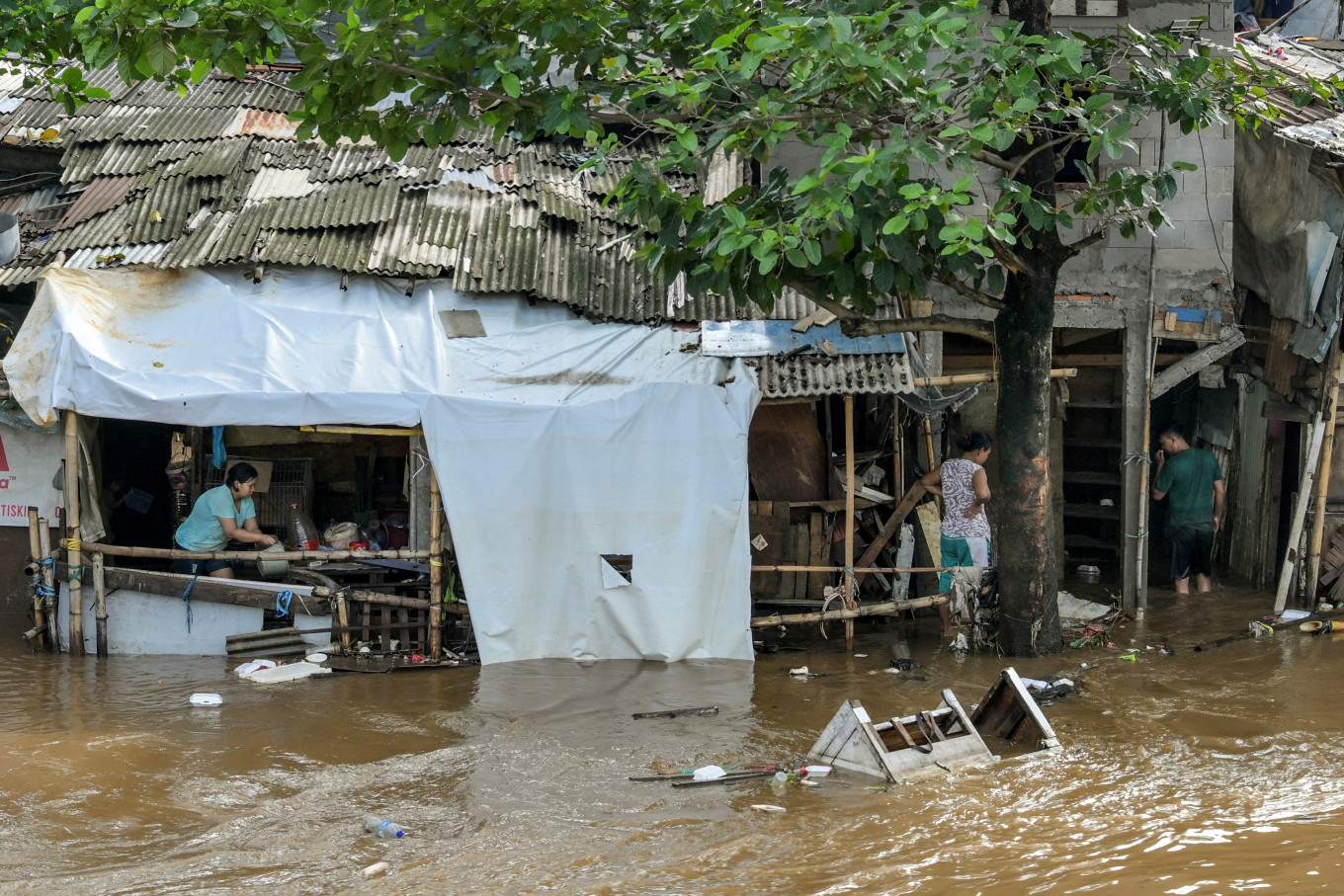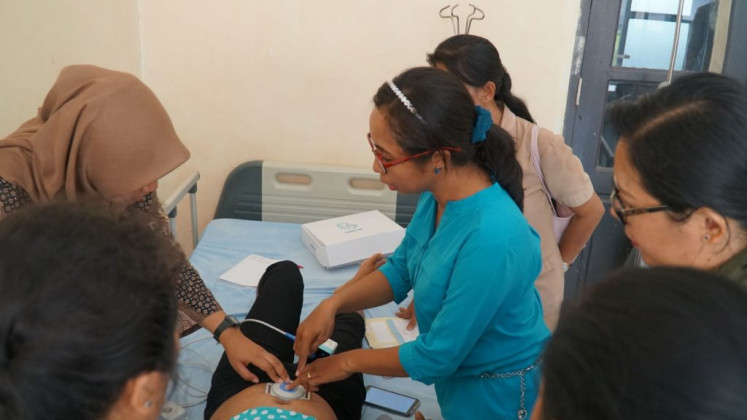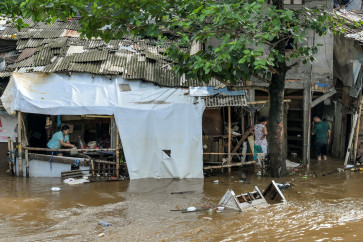Popular Reads
Top Results
Can't find what you're looking for?
View all search resultsPopular Reads
Top Results
Can't find what you're looking for?
View all search resultsInvesting in nature for the economy and humanity amid climate chaos
Indonesia could explore Transfer of Development Rights (TDR), channeling funds from urban development to conserve valuable natural areas like riverbanks or wildlife habitats.
Change text size
Gift Premium Articles
to Anyone
I
ndonesia is experiencing an alarming shift in extreme weather patterns. Recent weeks saw unusually heavy rains during what should be the dry season, unleashing flash floods, tidal floods and landslides across at least eight provinces.
Thousands of homes were swamped, displacing tens of thousands of families. These events echo recent widespread floods in Bekasi and devastating wildfires in Kalimantan, Hawaii, Australia and California, indicating a worsening trend.
Such disasters are not isolated; from European heatwaves to Middle Eastern storms, global signs point to a planet under severe stress from human activity. For our economy and lives to continue, natural environments must heal. Maintaining the status quo is no longer an option; investing in nature protection is now critical for our collective future.
The human impact extends far beyond immediate devastation. Recent research by Timothy Neal and colleagues, published in Environmental Research Letters, reveals that the economic consequences of climate change have been grossly underestimated. Previous models predicting mild-to-moderate global gross domestic product (GDP) harm have often overlooked the interconnectedness of the global economy. A single flood can disrupt supply chains and trade worldwide, creating ripple effects.
Evidence increasingly shows climate change disrupting the hydrological cycle, leading to more frequent and intense weather disasters. Extreme weather, including droughts, storms and floods, disrupts supply chains, fuels food inflation and reduces worker productivity. Heat also impacts human health, increases disease transmission and can drive mass migration and conflict.
In cases like the Bekasi floods, the loss of forests and other vegetation crucial for water catchment due to land use change has been a significant contributor. We face a crisis affecting human well-being and our fundamental life support systems. Healthy ecosystems are our first line of defense, absorbing floodwaters, stabilizing slopes and regulating climate. Investing in nature conservation is not a luxury, but an urgent necessity to mitigate disasters and secure a livable future.
The good news is a new movement known as "regenerative investment" is emerging, transforming how conservation is financed. This approach goes beyond merely preserving wildlife; it harnesses nature's power to combat climate change. "Nature-based solutions", meaning actions that protect, sustainably manage and restore natural ecosystems, offer a powerful means to address both the biodiversity and climate crises, while also promoting human health and providing significant economic opportunities.



















